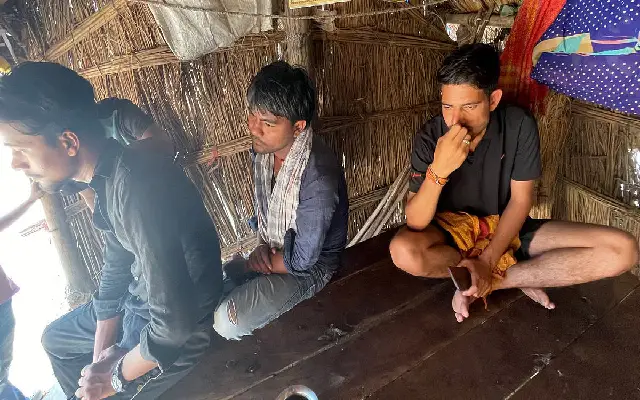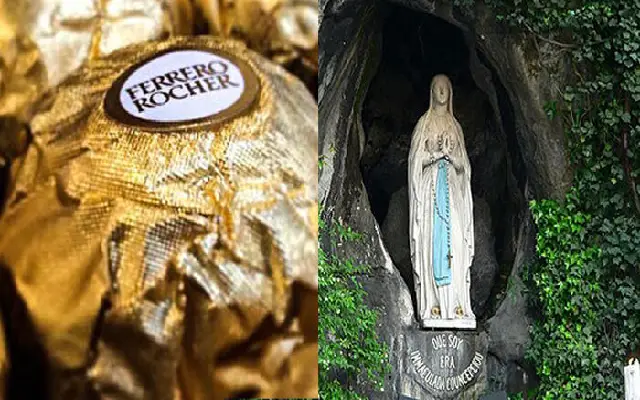New Delhi: Biomedical researchers in Calcutta have shown that certain variants of two genes appear to raise the risk of kidney stone disease in Indians, revealing a link established earlier mainly in Caucasian populations.
 The researchers from three city institutions have found that people who possess certain variants of these two genes face a two-fold to eight-fold greater risk of developing kidney stones than people who lack these variants.
The researchers from three city institutions have found that people who possess certain variants of these two genes face a two-fold to eight-fold greater risk of developing kidney stones than people who lack these variants.
Zoologist Madhusudan Das at the University of Calcutta and his collaborators studied variants of genes for two proteins called the calcium sensing receptor (CaSR) and claudin14 in patients with kidney stone disease in the city.
A study from Italy had eight years ago documented a connection between CaSR and kidney stones, while genome scientists in Iceland had independently discovered the link between claudin14 and kidney stones in 2009.
“We’ve now found a similar gene-disease association in Indians,” said Das, a professor of zoology. “We need to conduct genetic susceptibility studies across populations because gene variants in one population may not be relevant in another.” The researchers have just published their findings in the journal PLOS One.
Doctors believe a combination of genes, diet and water intake are among factors that influence the formation of kidney stones. Studies suggest that the prevalence of kidney stone disease varies from 5 per cent in some countries to 15 per cent in others.
The Calcutta researchers studied CaSR and claudin14 genes in 200 patients with kidney stones and 200 persons with no history of kidney stones. They identified several variants – versions of the genes marked by subtle differences in their genetic alphabets – that appear to raise the risk of people developing kidney stones.
A person with two such risk variants of the CaSR gene has twice the risk of developing kidney stone compared to a person who has only one variant, and five times the risk of a person who has neither of these variants. A person with four risk variants of the claudin14 gene is at eight times higher risk of developing kidney stones than a person without these variants.
“We’d like to develop a genetic test to identify people at high risk of developing kidney stones – they can be prescribed dietary modifications to reduce the risk,” said Dilip Kumar Pal, professor and head of urology at the Institute of Post Graduate Medical Education and Research, Calcutta, a member of the study team.
Medical surveys suggest that kidney stones made of calcium oxalate account for over 80 per cent of stones among Indian patients.
Pal said patients at high risk are typically advised to restrict foods such as peanuts, spinach, onions, or dry fruits that can contribute to the accumulation of calcium oxalate.
“We’ve got two candidate genes now, but we’re working on other genes that may also contribute to the formation of kidney stones through other biochemical pathways,” Pal said.
The CaSR and claudin14 genes work in combination to increase the levels of calcium that kidneys accumulate, said Manalee Guha, a research scholar at the University of Calcutta.


















